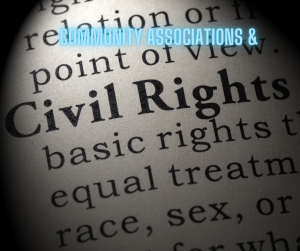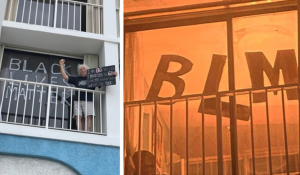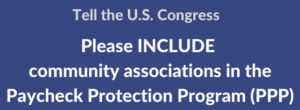 The United States Equal Employment Opportunity Commission (“EEOC”) recently created a new webpage with helpful practical information to guide employers and employees about employment discrimination based on sexual orientation and gender identity. This new webpage provides additional clarity about sexual orientation and gender identity protections based on the 2020 Supreme Court decision in Bostock v. Clayton County (decided on Jun. 15, 2020). In Bostock, the Supreme Court held that those firing individuals because of their sexual orientation or transgender status violated Title VII’s prohibition on discrimination because of sex. Title VII is part of the Civil Rights Act of 1964, a national law that prohibits employment discrimination based on protected classes of people such as race, color, religion, sex, and national origin.
The United States Equal Employment Opportunity Commission (“EEOC”) recently created a new webpage with helpful practical information to guide employers and employees about employment discrimination based on sexual orientation and gender identity. This new webpage provides additional clarity about sexual orientation and gender identity protections based on the 2020 Supreme Court decision in Bostock v. Clayton County (decided on Jun. 15, 2020). In Bostock, the Supreme Court held that those firing individuals because of their sexual orientation or transgender status violated Title VII’s prohibition on discrimination because of sex. Title VII is part of the Civil Rights Act of 1964, a national law that prohibits employment discrimination based on protected classes of people such as race, color, religion, sex, and national origin.
The new webpage is intended to function as one comprehensive resource to educate employees, applicants, and employers about the rights of all employees, including lesbian, gay, bisexual, and transgender workers, to be free from sexual orientation and gender identity discrimination in employment. In addition, the new webpage includes information on related topics of harassment and retaliation. Although Title VII and Bostock only apply to employers with 15 or more total employees and does not generally apply to independent contractors, associations with any employees can still learn best practices from these new EEOC resources to prevent discrimination (and liability) in the workplace.
We share below some important reminders and takeaways from the recently published resources:
 HOA Law Blog
HOA Law Blog



 Many California community associations are dealing with massive and significant increases in their insurance premiums. These increases were not anticipated and as a result they are unbudgeted requiring that boards levy emergency special assessments, borrow from reserves or otherwise find the money to pay the increased cost of insurance.
Many California community associations are dealing with massive and significant increases in their insurance premiums. These increases were not anticipated and as a result they are unbudgeted requiring that boards levy emergency special assessments, borrow from reserves or otherwise find the money to pay the increased cost of insurance.


 By David Swedelson, Community Association Attorney at SwedelsonGottlieb
By David Swedelson, Community Association Attorney at SwedelsonGottlieb From the attorneys at SwedelsonGottlieb, Community Association Attorneys
From the attorneys at SwedelsonGottlieb, Community Association Attorneys Prepared by the California Community Association Attorneys at SwedelsonGottlieb
Prepared by the California Community Association Attorneys at SwedelsonGottlieb